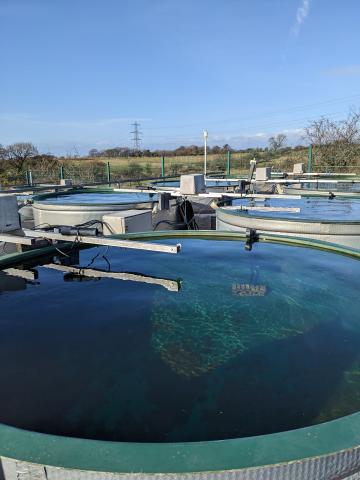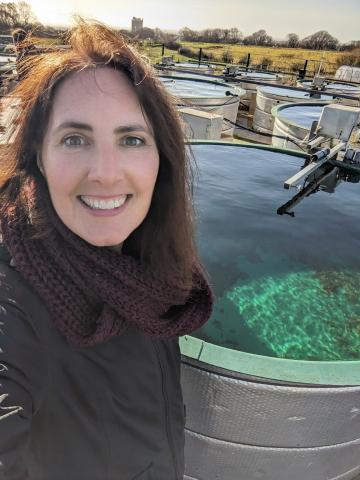NERC project: Quantifying the impact of anthropogenic nutrient imbalance on carbon flux from freshwater lakes

Freshwater lakes are globally important ecosystems for carbon (C) flux especially methane and carbon dioxide. Recent estimates suggest that they contribute to around a quarter of global C emissions and climate change is likely to double this figure. In freshwater lakes, microbes provide crucial ecosystem services by climate regulation through the oxidation of methane by methanotrophs and fixation of carbon dioxide by phytoplankton. However, our knowledge of lake microbial assemblages, their persistence and how their abundance, activity and interactions may be impacted by niche modifications remains incomplete. A key, and yet overlooked factor is the impact of runoff from nitrogen (N) and phosphorus (P) rich fertilisers and detergents on the ability of microbial communities to mitigate C release from these systems.

Anthropogenic N and P runoffs are predicted to increase further due to the ever-increasing demand for fertiliser applications for food production. The global N:P ratio has shifted dramatically over recent decades from 19:1 in the 1980s to nearly 30:1 in 2020, driving many ecosystems towards P limitation. N & P are essential nutrients for microbes, which in turn are key mediators of biogeochemical processes. It is therefore critical to understand how niche modification due to N:P imbalance will affect not only microbial community assembly and structure, but also their community stability and functional role in C flux in freshwater lakes in the future. In this NERC funded project a multidisciplinary team lead by Professor Yin Chen at the University of Warwick will tackle this challenge through a unique combination of molecular and cellular biology, microbiome assembly and persistence, multi-scale experimentation (from laboratory to mesocosm (pictured)), in situ field measurements and mathematical modelling.
